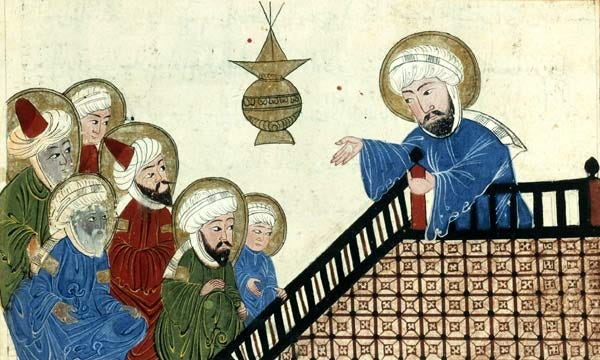NOTE: I’ve entered a very busy time in my personal and professional life, as I retire from active duty, relocate from my current duty station, and look for my next job. My next several posts will probably be a little shorter than usual.
“Machiavellian” is not often used as a compliment. This quality is one of the so-called “dark triad”1 (or “dark tetrad”) of negative personality traits. It is derived, rather unfairly, from the name of Niccolo Machiavelli, a Florentine statesman and author from the late 15th-early 16th centuries. Machiavelli wrote several books, but the one he’s best known for (and the only one he’s known for by most) is The Prince.
In this book, Machiavelli issues recommendations to a would-be prince for obtaining, retaining, and strengthening a hypothetical state. “Prince” is used here in the sense of “leader of a state”, not “son of a king”. The recommendations are generally viewed as amoral, manipulative, and pragmatic to the point of cynicism.
Condemning Machiavelli for holding these views omits the historical and social context. Simply put, he was describing acts and decisions that would have been considered perfectly acceptable, if not admirable, in his own time and place. Denouncing him for being “Machiavellian” is a bit like calling Roman Catholics “cannibals” because they believe that they are literally consuming the flesh and blood of Jesus when they take communion. Or like referring to pedophiles as “Muhammadian” because Muhammad (yes, that Muhammad) married a little girl named Aisha and consummated their marriage when she was 9 years old.2

All of which is to say, Machiavelli has a lot more to offer than simply that “a prince should be feared”. And “dark triad” connotations be damned, his writings contain some—dare I say it?—wisdom that we could benefit from.
Consider this passage:
…I do not believe that factions can ever be of use; rather it is certain that when the enemy comes upon you in divided cities you are quickly lost, because the weakest party will always assist the outside forces and the other will not be able to resist. … Such methods argue, therefore, weakness in the prince, because these factions will never be permitted in a vigorous principality; such methods for enabling one the more easily to manage subjects are only useful in times of peace, but if war comes this policy proves fallacious.
Here, Machiavelli is counseling the prince against the temptation to create factions within his principality. In theory, the prince can create divisions within his population and then set the factions against one another, distracting them from resistance to the prince’s rule. However, as Machiavelli notes, this is a sign of weakness in the ruler; furthermore, insofar as it might be useful, it is only useful in the absence of a serious external threat. If an external enemy should show up, then the divided state will quickly fall.
I briefly explored the “divide-and-rule” strategy in The Fat Cat Billionaire and the Welfare Queen, but I only addressed the fact that it is being used on us—not what the implications were for the broader context.
Assuming we accept—at least provisionally—what Machiavelli wrote, then we can draw two important conclusions about our modern polarized America:
Our rulers are weak. Moreover, they know their weakness and are afraid of a backlash from the ruled population. This is why they work hard to keep us divided against each other.
Our enemies can exploit the divisions. For example, by promoting disgusting social experiments and toxic uniformed leaders, with the overall goal of inducing the best and brightest to quit our military and thus weaken our national defense.
The first step to solving a problem is recognizing that it exists.
If you enjoyed this article, if it made you think, and/or if you know someone who might like to read it—please treat yourself by hitting the like and share buttons!
https://en.wikipedia.org/wiki/Dark_triad
Even Dickipedia won’t scrub that little tidbit! https://en.wikipedia.org/wiki/Muhammad#Household


This is the same reason USAID was funding lgbtq crap in countries they wanted to be unstable.